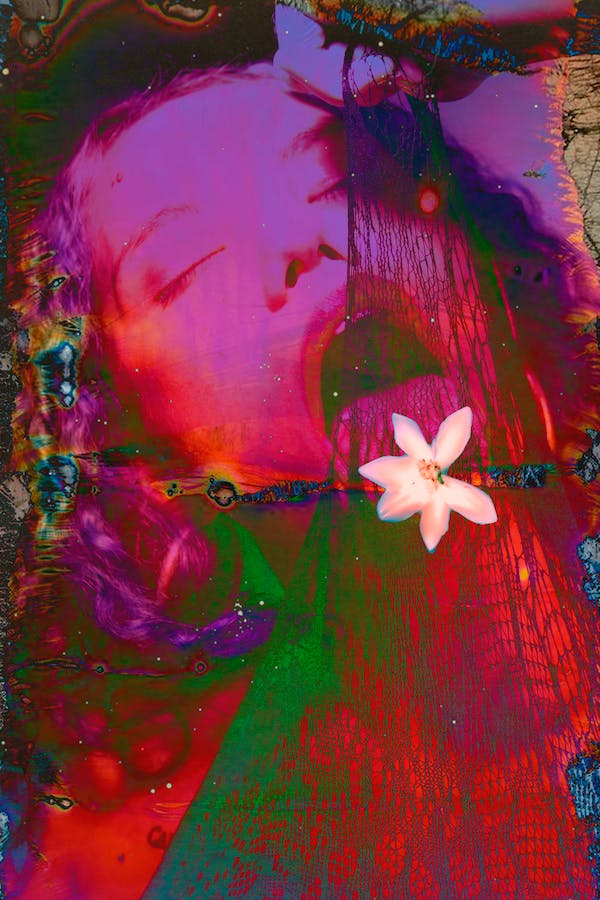 Recovering addicts face a treacherous challenge when trying to remain abstinent and avoid the temptation of a relapse. Fortunately, there are numerous activities that recovering addicts can pursue to help manage and reduce the temptation of addiction. One of these activities is engaging in artistic pursuits such as music, painting, drawing, sculpture, and dancing. Exploring the creative arts can be a therapeutic outlet for former addicts, allowing them to express emotions and thoughts in a safe space that is free of judgment or stigma.
Recovering addicts face a treacherous challenge when trying to remain abstinent and avoid the temptation of a relapse. Fortunately, there are numerous activities that recovering addicts can pursue to help manage and reduce the temptation of addiction. One of these activities is engaging in artistic pursuits such as music, painting, drawing, sculpture, and dancing. Exploring the creative arts can be a therapeutic outlet for former addicts, allowing them to express emotions and thoughts in a safe space that is free of judgment or stigma.
The creative arts can play a major role in reducing the appeal of drug and alcohol relapse. When a person creates something, the process of making something evokes a sense of accomplishment. This feeling of accomplishment can be especially meaningful for addicts, as any substance they produced in the past was most likely destructive. Artistic pursuits instead allow addicts to make a physical product that is not harmful and can display pride in one’s accomplishments.
Making art can also involve socializing with people in the recovery community. Many communities have organized art shows, classes, or clubs in which people can come together and express themselves through their art. This healing power of community can be a valuable way to connect with other people in recovery and give them an opportunity to talk about their feelings and struggles. Peer support is a cornerstone of addiction recovery, and engaging in a creative activity with other people allows recovering addicts to share tips and advice for staying sober.
The creative arts can also provide a positive distraction from thoughts of relapse. Recovering addicts may experience intense urges to relapse, and those thoughts can be incredibly hard to resist. But with the creative arts, a person can occupy their time and mind with creating something meaningful. Pursuing art also gives recovering addicts a constructive outlet for their energy, allowing them to channel their emotions into making something positive. The creative arts provide a safe space for recovering addicts to express themselves without worrying about judgment or criticism.
Creative activities are a great way for recovering addicts to explore new hobbies without succumbing to the temptation of relapse. Photography, painting classes, creative writing, playing an instrument—all of these can be exciting and therapeutic activities for recovering addicts. There are also virtual art classes available online for people who are still in early recovery and need extra support.
Above all else, recovering addicts should be forgiving of themselves. Addiction recovery is a marathon, not a sprint, and the path to sobriety is not linear. Self-judgment and pressure can be detrimental, and a recovering addict’s focus should be on putting in the effort to stay sober and on continuing to progress in his or her recovery. Exploring the creative arts can be a great way to help recovering addicts manage the temptation of relapse and further progress in their journey of recovery.